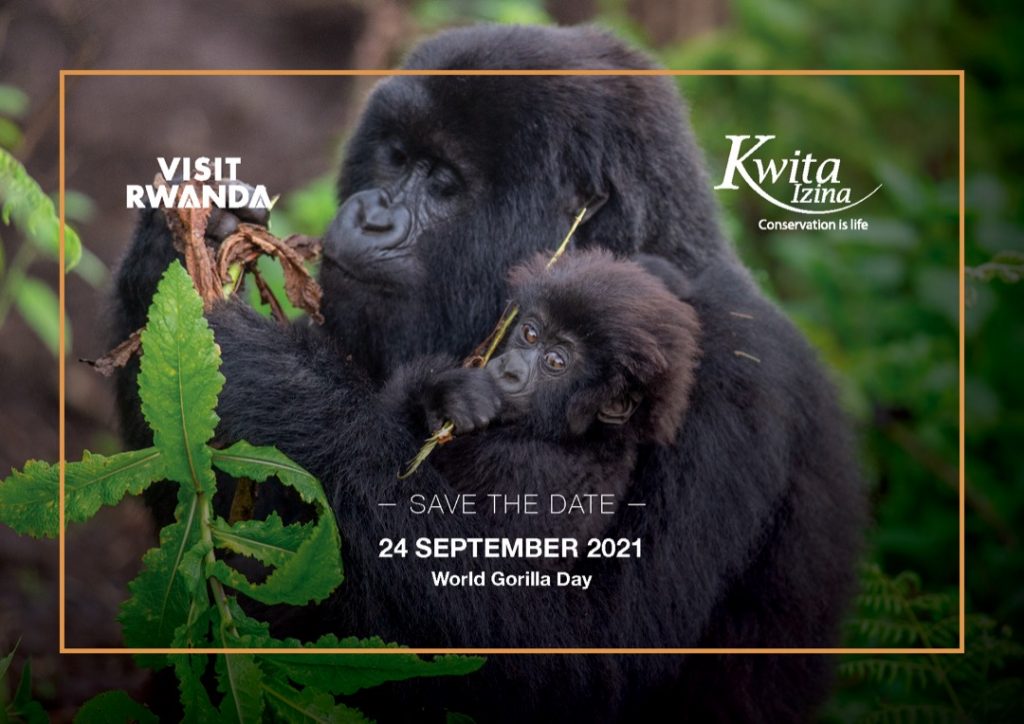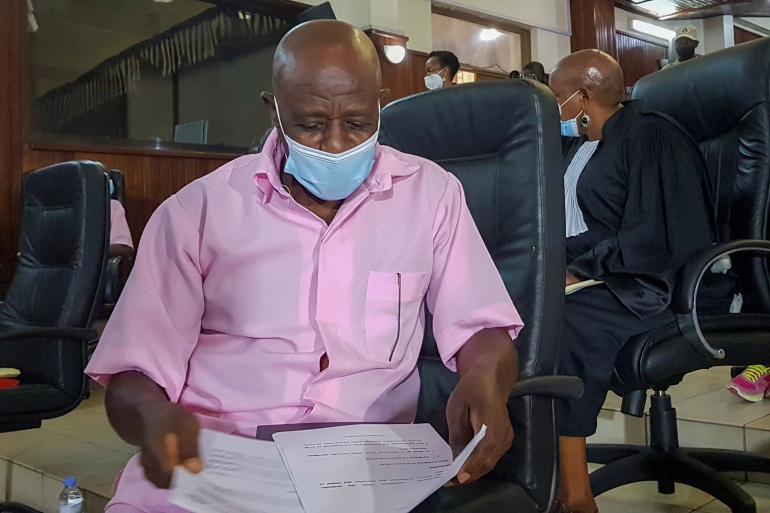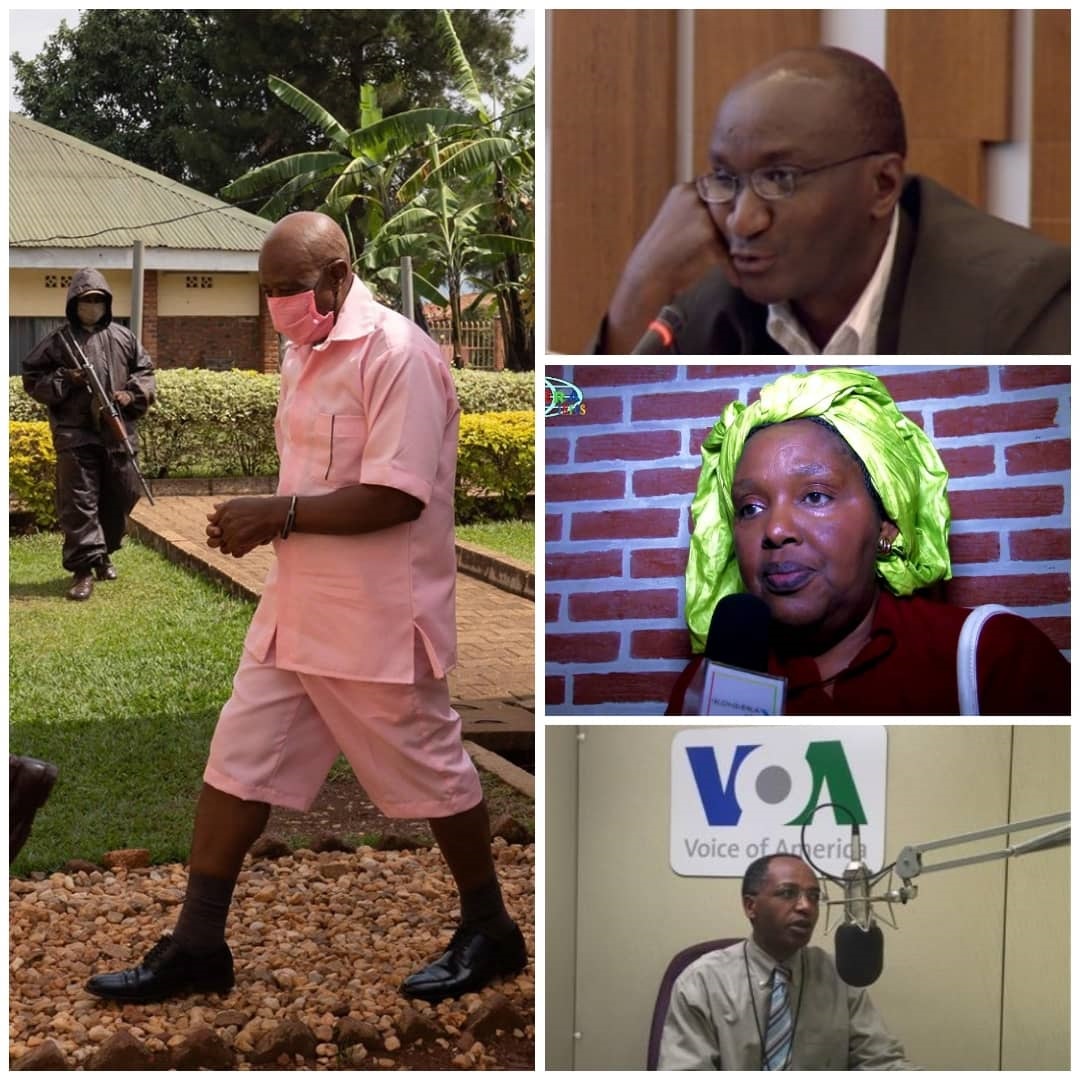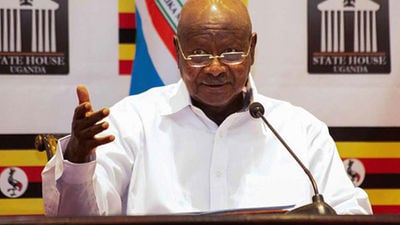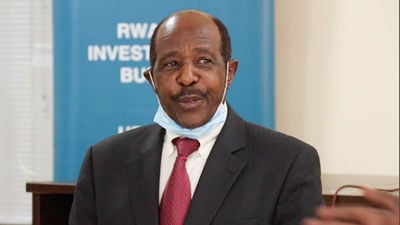Regional
Western media propagandizing against Rwanda’s counter terrorism contribution in Mozambique
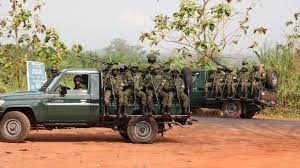
Western Media treat terrorism in Africa either by glorifying white
saviourism, or by playing down lives of the populations affected by terrorism.
In the process, they incite sympathy for terrorists or simply disparage African
initiatives that are not parented, supervised or funded by Western superpowers.
As
early as August 14, The Economist published an article, “Why
Mozambique invited foreign troops to fight its jihadists”, in which the insurgents in Cabo Delgado are described alternately as
vicious terrorists and poor victims, depending on whether the argument sought
to advance a Western savior narrative or undermine Africans’ efforts to fight
terrorism in Cabo Delgado.
The Economist recounted how in October 2017, the
insurgents carrying the black flag of ISIS, launched attacks on innocent local
populations that cost at least 3,200 lives, displaced 800,000 people and almost
2 million people faced food shortages due to insecurity. The
representative of the World Food Programme described the situation as “a humanitarian catastrophe beyond epic
proportions.”
Western media and NGO reports highlighted, often with graphic tales,
the humanitarian needs and called for
increased donor support for Cabo Delgado. In 2021, WHO requested $3.5 million,
the OIM required $58 million, WFP urgently appealed for $121 million, UNHCR
urgently appealed for $13.5 million, and UNICEF
required $90 million to support their operations in favour of displaced vulnerable
populations in Cabo Delgado.
When Rwanda announced the deployment of its security
forces to support Mozambique, on July 9, the pro-Western media forgot about the
humanitarian crisis and started to compassionately portray ISIS-Mozambique as mere
“poor insurgents” and ethnic marginalized youth in a region neglected by the
Mozambique government This was in spite of all the devastation and destruction caused
by the Islamist militant group which has publicly pledged allegiance to the DAESH/Islamic
State (ISIS).
Currently, Western media focus on giving a platform
to “experts” to redefine the insurgents who have never hidden that they intended
to impose Sharia in Mozambique, and they attribute to them some legitimate social
grievances, in total
disregard of the death toll endured by local populations in the past five years,
and despite the death toll that is higher than the total number of people who
died during the 9/11 terrorist attacks in the USA. This suggests that terrorists
are abhorrent only when they target Western interests, otherwise they are some
kind of tribal youth marginalised by corrupt African regimes.
The double standards were also transparent in the
way Western media questioned Mozambique’s decision to invite SADC and Rwandan troops
which, according to The Economist, will result in internationalizing a “locally rooted conflict”. In other
words, both the problem and the solution to the insurgency are internal and
political, despite the presence of hundreds of foreign fighters
among the Al-Shabaab insurgents whose leader, Abu Yasir Hassan, is a Tanzanian national.
Western media, while they peddle unsubstantiated
speculations to redefine the insurgency in the traditional Western coverage of
Africa where ethnic politics are
a fact of life, and tribal conflicts are perpetual and
inevitable, their misinformation also attempted to wrap up the deployment of
Rwandan forces in a cloud of skepticism about Rwanda’s real motives. They also created
a fog of suspicion about France’s role in the Rwanda-Mozambique security
cooperation.
In that regard, Western media converted jihadists
into mere marginalized poor ethnic youth whose “grievances” can be resolved by creating
jobs for them, while they alleged that France funds Rwandan forces deployed
primarily to ensure security for the French gas company, Total.
In essence, narratives about Cabo Delgado before and
after the deployments of Rwandan troops are a good example of the “How it
started vs. how it is going”
trend in social media. They have a Western media spin on terrorism in Africa. These
narratives that portray Africans as a people either who
need white saviors or who can be turned into mercenaries for Western companies,
should inspire more African media to be at the forefront of telling the story
of their fight against terrorism from their own perspective.


